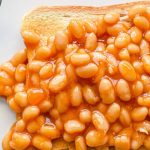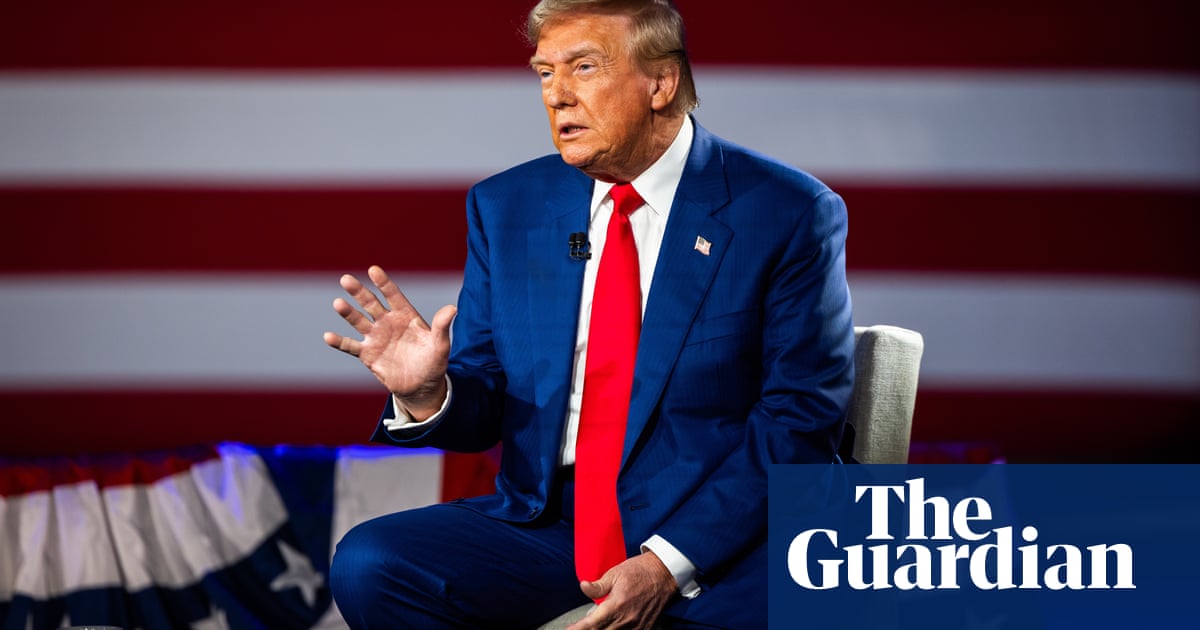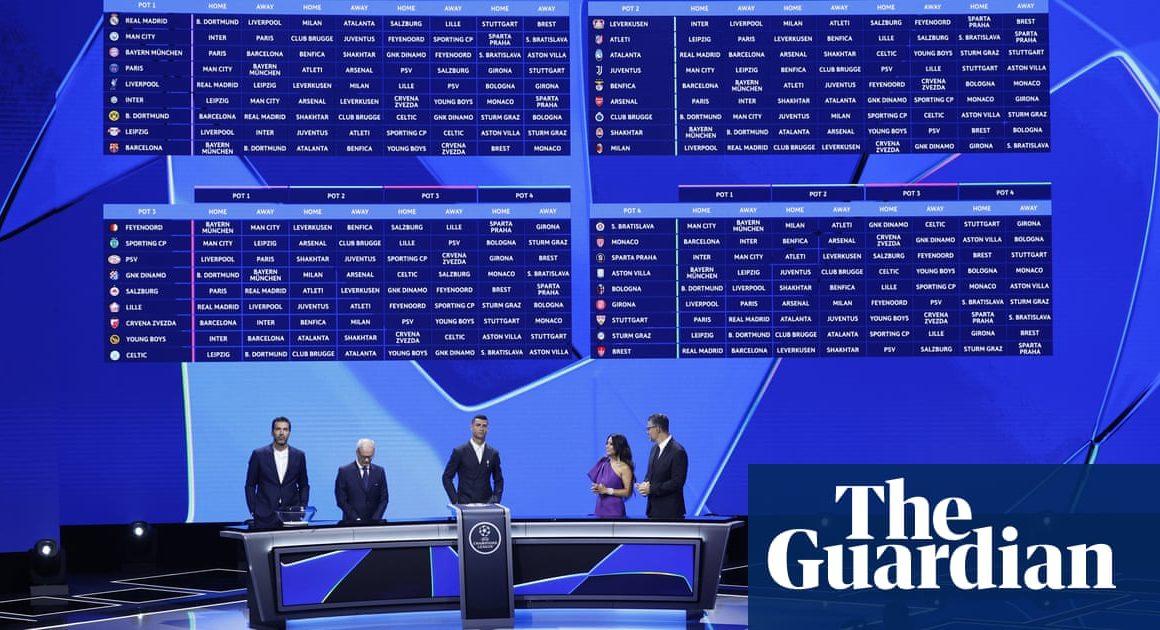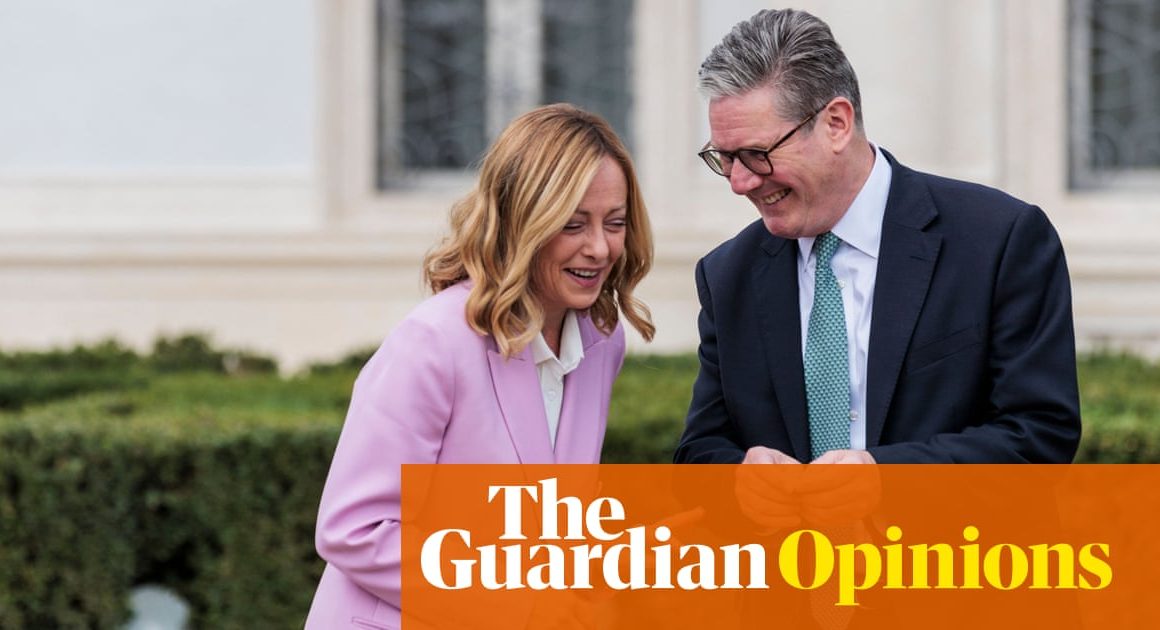The federal judge presiding in Donald Trump’s criminal prosecution over alleged 2020 election meddling said she would not let his presidential campaign or the election affect how and when the case should proceed.
The US district judge, Tanya Chutkan, held a crucial hearing in Washington DC on Thursday to listen to arguments from the prosecution and defense teams for the first time in a year and in the first hearing since the US supreme court in July granted broad immunity to former presidents.
She said at the hearing in federal district court that she viewed proposals from the Trump team, which is trying to get the case dismissed, as a way to limit anything that could be politically damaging from emerging with fewer than 70 days until election day on 5 November.
“It strikes me that what you’re trying to do is affect the presentation of evidence in this case in a way so as not to impinge on the election of the president,” Chutkan told the lead Trump lawyer, John Lauro.
The admonishment from Chutkan came as both sides asked the judge to allow them to file the first brief after Trump was re-indicted last month on slimmed down charges, following the supreme court having deemed the original indictment to contain some allegations for which Trump was immune.
The sequencing has suddenly become a major issue in the case given the short timeframe until the November election. Chutkan said at the hearing she hoped to issue a schedule on how to proceed with the case later on Thursday.
At issue in the case now is how to apply the supreme court’s far-reaching decision to grant immunity to former presidents.
The supreme court devised three categories of conduct: core presidential function that carries absolute immunity, an official act within the outer perimeter of the presidency that carries presumptive immunity, or an unofficial act that carries no immunity.
Prosecutors in the office of the special counsel, Jack Smith, told Chutkan at the hearing that they wanted to deviate from regular sequencing and file a brief outlining why the superseding indictment contained only unofficial conduct for which Trump could be charged.
With Smith looking on, the lead trial prosecutor, Thomas Windom, told Chutkan they should go first, because their brief could act like a companion guide to the indictment and outline why the revised charges should be kept.
The Trump team vehemently opposed the suggestion, not least because if prosecutors went first, their initial filing would come at the end of September. Then Trump would file a response weeks later, and prosecutors would get the last word in a final filing at the end of October – days from the election.
Lauro told the judge that allowing prosecutors to go first and start the immunity review process immediately would be “incredibly unfair” to Trump at this “sensitive time”, in a reference to the presidential race.
after newsletter promotion
Instead, Lauro argued, the Trump team should go first and file a motion to dismiss the indictment on the basis that it was buttressed by Trump’s conversations with Mike Pence, which the supreme court ruled was presumptively immune.
“If your honor decides, and your honor, may very well decide that the information relating to Vice-President Pence is not only presumptively immune, but immune, then that indictment has to be dismissed,” Lauro said.
But Chutkan immediately seized on the “sensitive time” remark, and sharply responded that she would not allow politics to decide the schedule.
“I said before, and I say again, that the electoral process, timing of the election and what needs to happen before shouldn’t happen for election, is not relevant here. This court is not concerned with the electoral schedule,” Chutkan said.
“Yes, there’s an election coming, but the sensitive time that you’re talking about, if you’re talking about the timing of legal issues and the timing of evidentiary issues in relation to when the election is … that’s nothing I’m going to consider.”
Trump has been enormously successful in delaying his criminal cases, which came as part of a broader strategy to push his legal troubles past November, in the hopes that he wins and can appoint a loyalist as the attorney general who would then drop the cases entirely.











